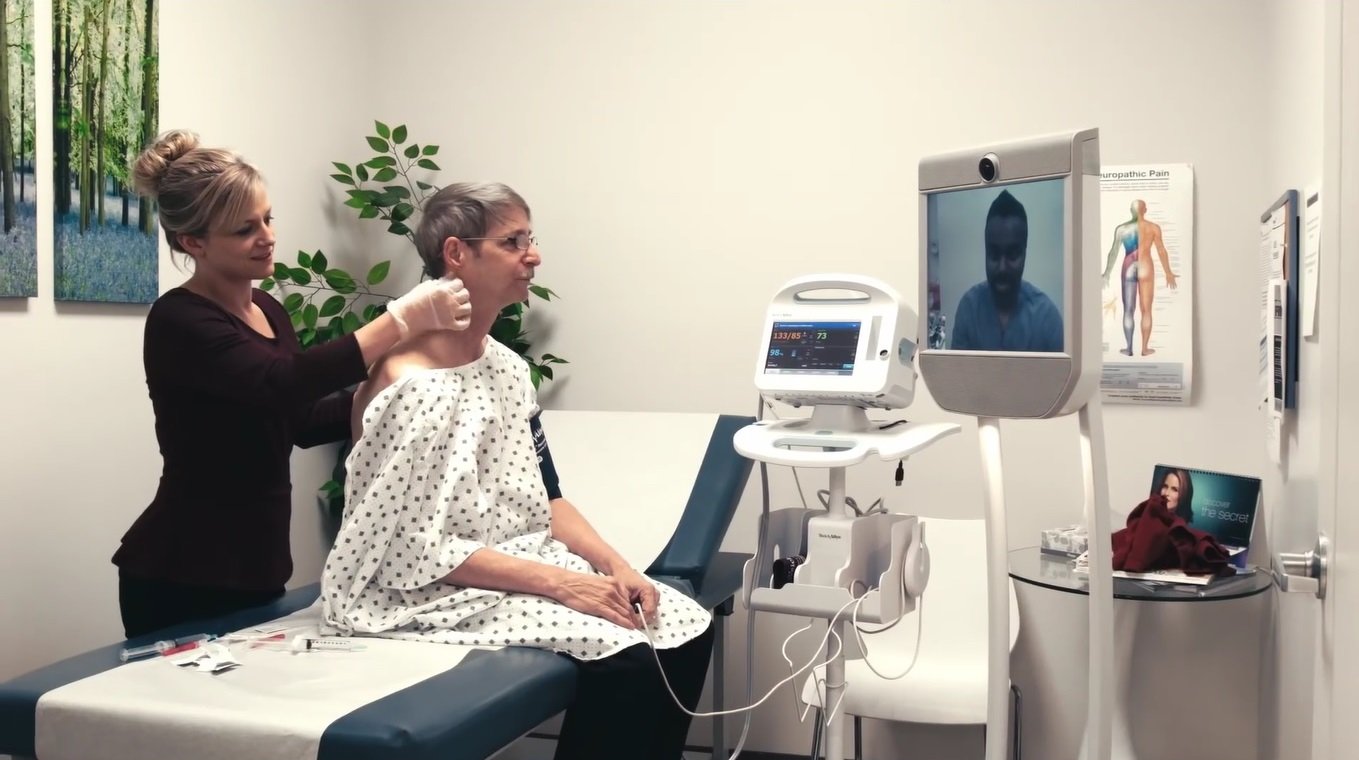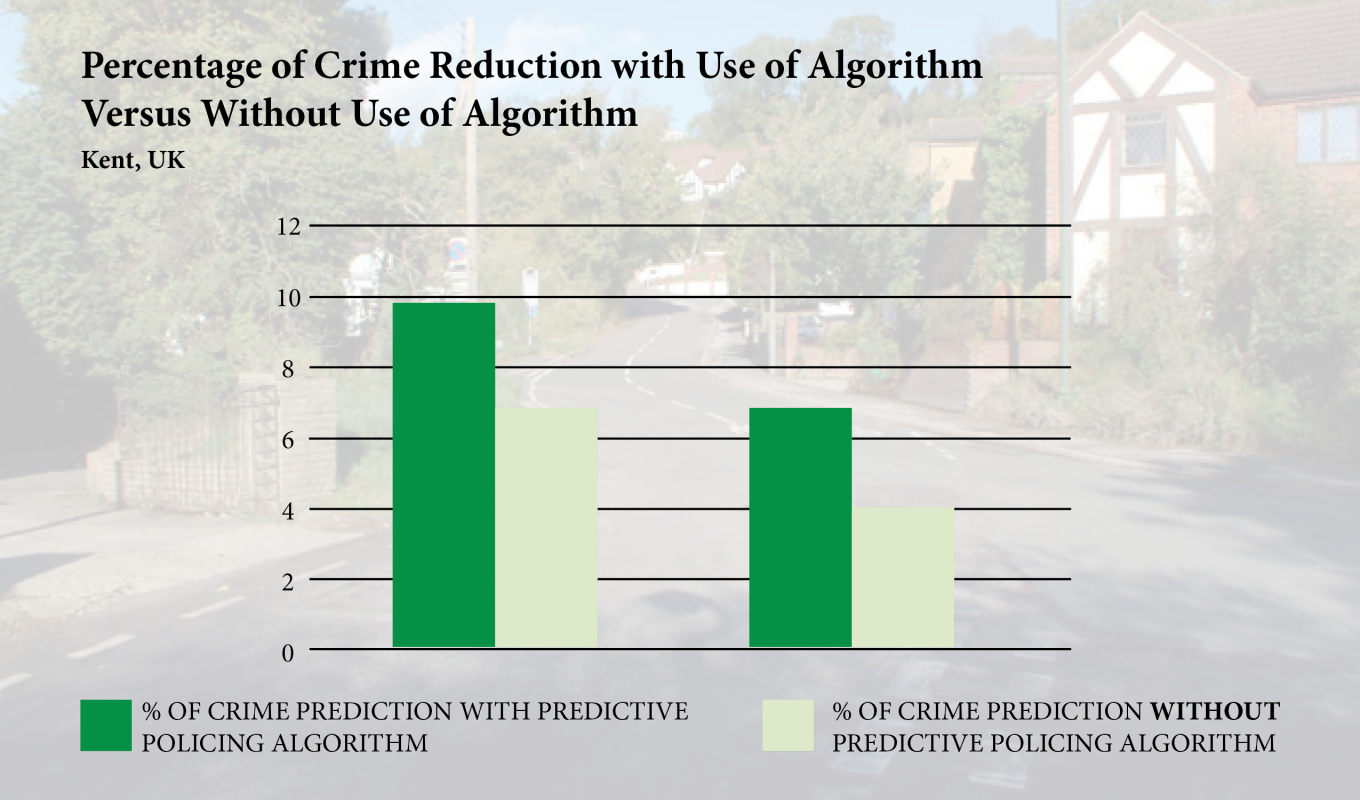
Machines are just physical pieces of materials due to be shifted, used, broken or disposed. They have a deadline in their life-time. Thus, they are perishable.
Then, what do they have that everything in our lives work and run around them? It is quite simple, and also complex, algorithms.
The AI revolution
Algorithms are the reason why most of the “intelligent” machines keep doing their duties without hesitation. Devices of all kind are powered by these mathematics codes running in their back-end.
Nowadays, that can be considered as in the beginning of the robotic era, they are almost indispensable for our survival. Their applications are endless in our digital and global world. From medicine to supply chains, algorithms are behind everything.
AI and therefore algorithms are already changing our lives. The technology is being woven into the fabric of life, to help people communicate, travel, meet partners and get loans. It targets customers to drive sales and monitors employees for suspicious behaviour. At the same time, it helps the emergency services, social workers and urban planners.
AI and Medicine
One of the better examples of how AI is improving our lives is shown in this article by The Guardian expert Ian Sample. In it, he highlights a new technique used by doctors at Moorfields Eye Hospital in London.
When using traditional ways, diagnostics can take months in the best of the cases, but using new and revolutionary AI, this timeframe can be reduced to minutes.
Working with Google’s artificial intelligence group, DeepMind, doctors at Moorfields have trained an AI on a million anonymised eye scans from patients at various stages of age-related macular degeneration. The hope is that the AI will learn to spot the earliest signs of disease and ultimately deliver a diagnosis.
Expert Ian Sample focuses on how some sectors will be benefit tremendously form more AI development. Medicine, for example, is primed to be a chief beneficiary of artificial intelligence.
“AI can diagnose diseases from telltale groups of symptoms, strange patterns in blood tests, and the subtle abnormalities that cells display as a disease begins takes hold. Time and again, AI systems are found to pick up signs of illness that are unknown to doctors, making the AIs more accurate as a result.”

A device that predicts crimes
AI’s applications can be seen in other fields. Police work is also due to get better due to the AI app development. As described in the article, predictive crime is not sci-fi any more. UK Kent Police is taking the lead using the PredPol artificial intelligence. The tool learns crime patterns from historical records and then it designs patterns of areas more subject to crime.
The Kent system was trained on five years of crime data, and the algorithm is now updated daily with the force’s most recent three years of records. After crunching the data, PredPol returns a daily list of 180 hotspots, each 500 foot by 500 foot, where its predicted an high crime risk. About 80% of the boxes never change: some areas always attract more crime than others. But the rest move around in line with patterns PredPol has learned from years of criminal activity.
Although it is said not to be a panacea, a trial revealed that PredPol was 60% better at spotting where crimes would take place than the force’s analysts.

Trait Wanted: humanity
AI, however, has its critics, that spot its inconveniences. To start with, machines learn by data analysis, therefore future predictions are based on what has happened before. Patterns can be accurate but they need to be interpreted. Human beings still got something that robots do not achieve, ie, common sense!
A good example of this is how algorithms are troubling job hunting. Companies often use mathematic tests to disregard applicants. Getting a bad score in one of them, without can doom someone’s career forever. The massive use of some of these tests can be catastrophic, because if someone fails in one test, that information will be saved for later.
Scoring people can also bring more issues. In Justice, there are reasons to worry about scoring criminal defendants rather than relying on a judge’s discretion as algorithms behind tests consider the data pouring into them.
Algorithms popularity relies on the notion that they are objective, but actually the algorithms that power the data economy are based on choices made by fallible human beings.
And as The Guardian expert Cathy O’Neal says, “while some of them were made with good intentions, the algorithms encode human prejudice, misunderstanding, and bias into automatic systems that increasingly manage our lives. Like gods, these mathematical models are opaque, their workings invisible to all but the highest priests in their domain: mathematicians and computer scientists. Their verdicts, even when wrong or harmful, are beyond dispute or appeal. And they tend to punish the poor and the oppressed in our society, while making the rich richer”.

Hernaldo Turrillo is a writer and author specialised in innovation, AI, DLT, SMEs, trading, investing and new trends in technology and business. He has been working for ztudium group since 2017. He is the editor of openbusinesscouncil.org, tradersdna.com, hedgethink.com, and writes regularly for intelligenthq.com, socialmediacouncil.eu. Hernaldo was born in Spain and finally settled in London, United Kingdom, after a few years of personal growth. Hernaldo finished his Journalism bachelor degree in the University of Seville, Spain, and began working as reporter in the newspaper, Europa Sur, writing about Politics and Society. He also worked as community manager and marketing advisor in Los Barrios, Spain. Innovation, technology, politics and economy are his main interests, with special focus on new trends and ethical projects. He enjoys finding himself getting lost in words, explaining what he understands from the world and helping others. Besides a journalist, he is also a thinker and proactive in digital transformation strategies. Knowledge and ideas have no limits.












